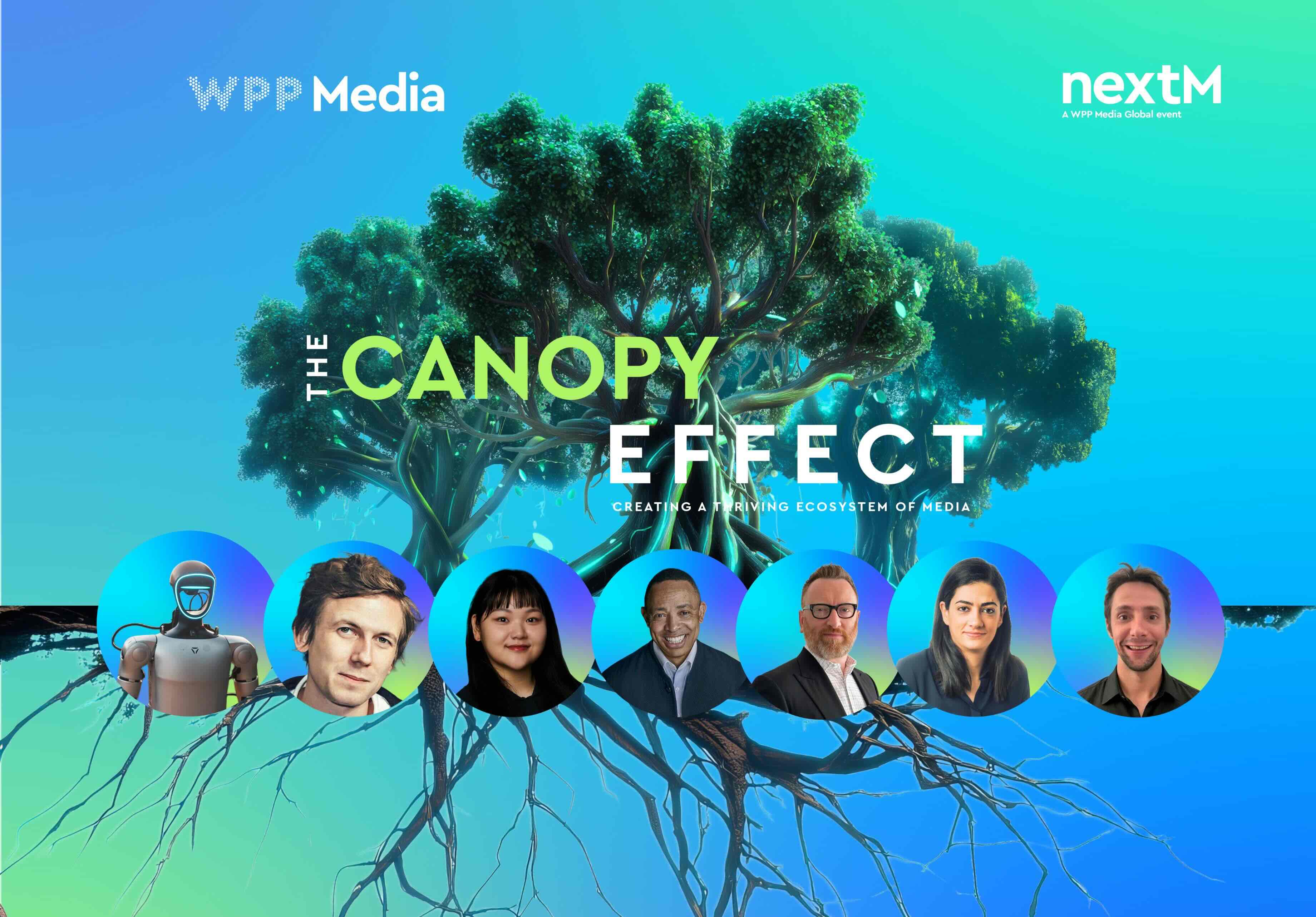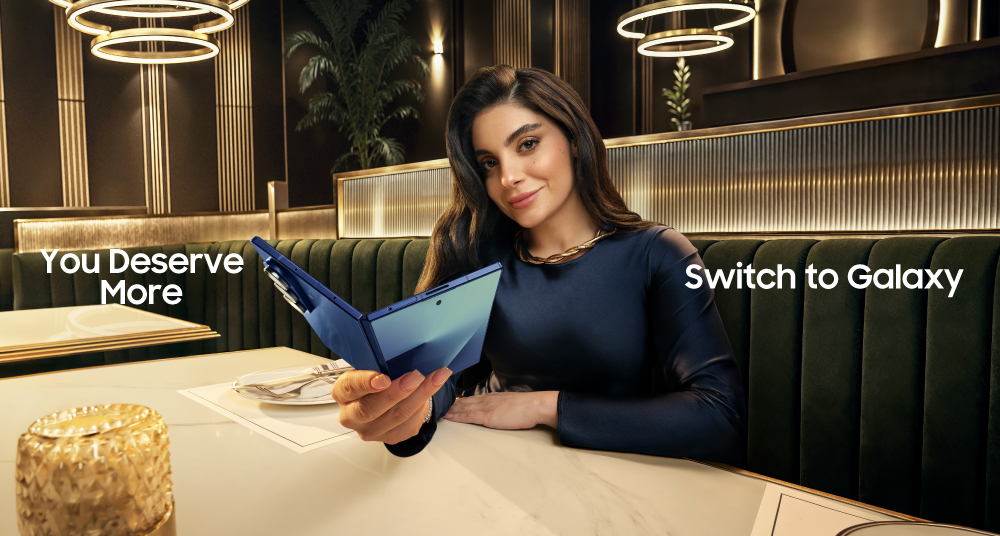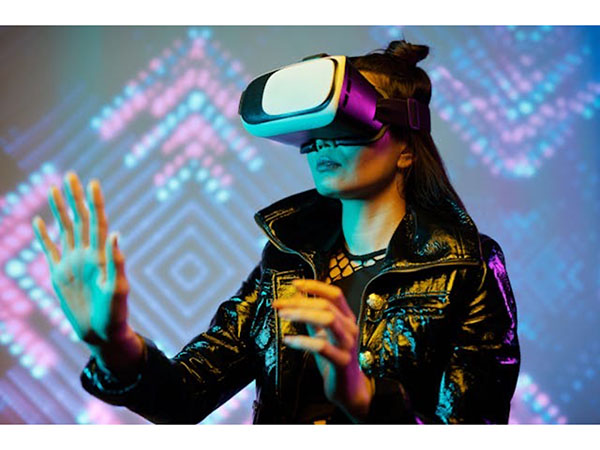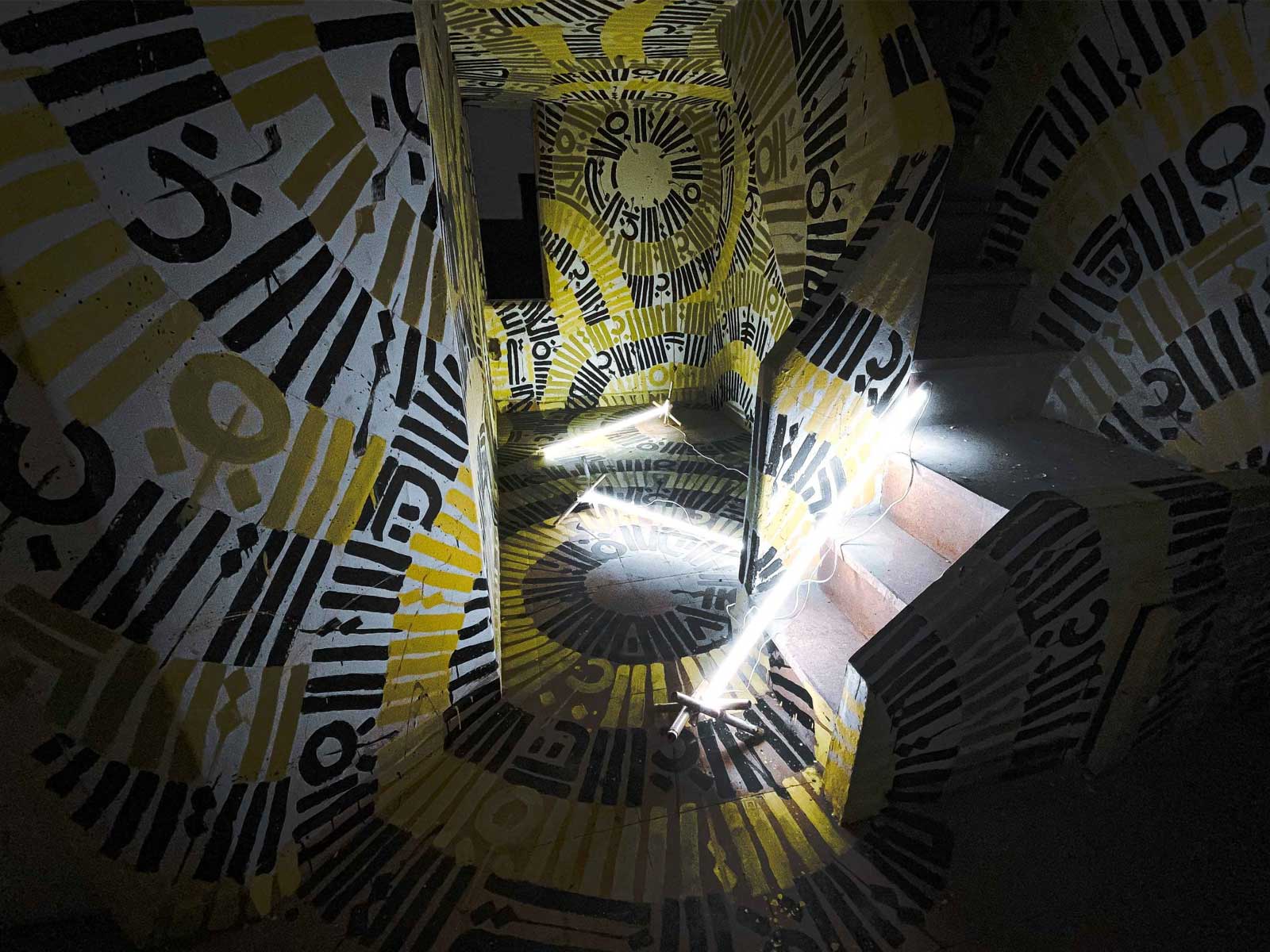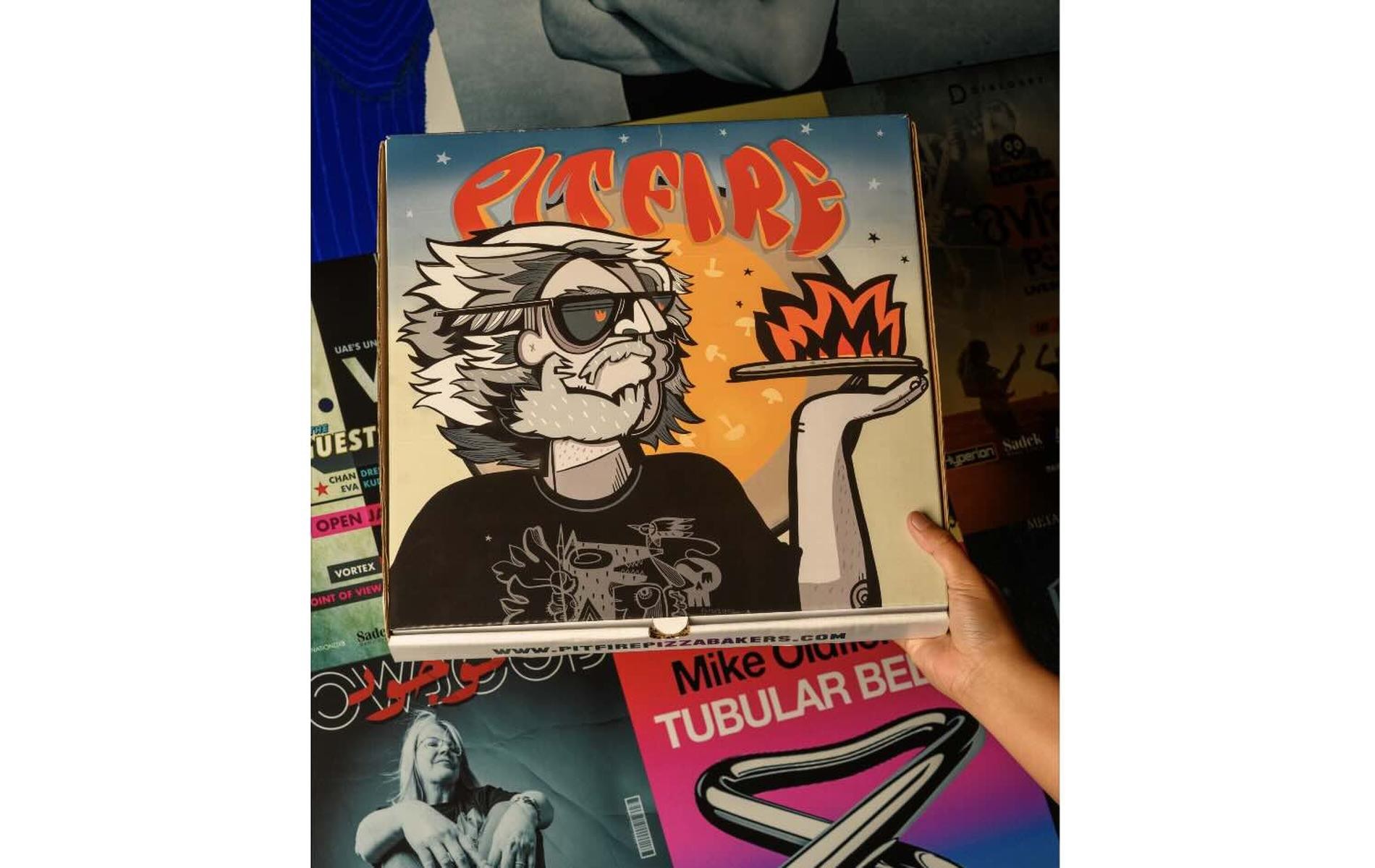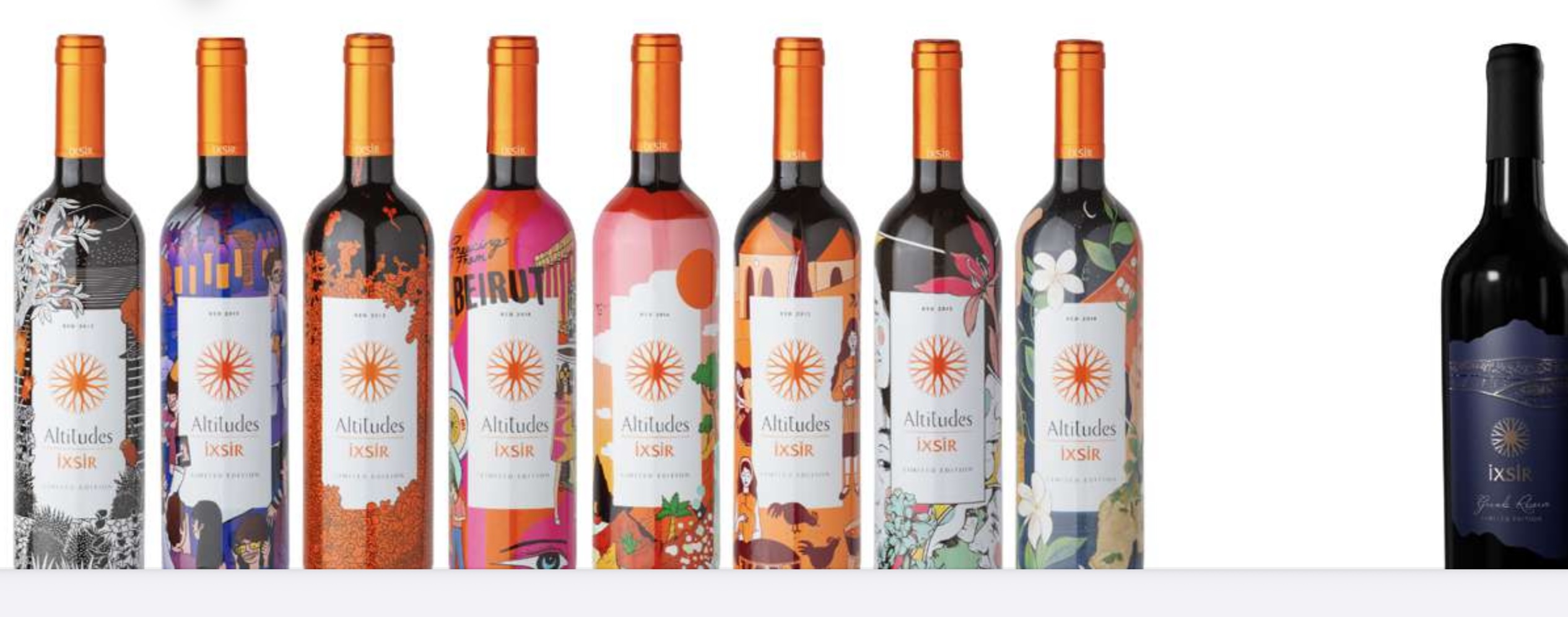Art & Design
Light Pin: The World's First Solar Clothespin Designed to Save Lives
by Ghada Azzi
June 6, 2018
.jpg) Advertisement
AdvertisementThe project has started as part of an internal challenge to hack social problems and use creativity and design ideas for greater good. By contributing time, skills and resources, the team, fueled by an incredible enthusiasm, worked on finding a creative solution that could improve the lives of refugees.
After identifying one of the main problems refugees face on a day to day basis, being the no access to electricity, and to replace the costly and hazardous Kerosene lamps and candles used as alternative solutions in most of the refugee camps, The Light Pin Project was born.
"Our research started by visiting camps. We noticed that most of the camps are look-alike with each family living in and average 3x3 meter tent space with a laundry line hanging outside. We found the solution in laundry," explains Fadi Mroue, the founder and managing director of Republique. "This led us to work on finding a sustainable, low cost and compact solution that would replace gas and candles."
The result is a clothespin equipped with a solar panel to store enough energy during the day to light up an LED lamp at night. And this is how a simple everyday object got turned into a life-saving solution.
"An average clothespin spends around eight hours in the sun everyday. We took those hours and put them to good use. We created the world's first solar clothespin. All a person has to do is its laundry during day time and then bring home the clothespin at night and connect it to a low cost LED lamp that would give light for several hours," says Mroue.
Simple, accessible and effective, LightPin is being integrated into the daily lives of refugees in camps around the country and the feedback has been tremendous so far. Republique has plans to take it global in the upcoming year.
As a closing note, we can't but applaud this initiative, which was developed and solely funded by Republique, who has clearly understood that companies and brands can’t remain disinterested in social issues any longer.
It is also a great reminder that the design profession is not only about beauty or aesthetics, but also about offering alternatives, contributing solutions to pressing social issues and opening new perspectives. We hope that this project inspires more agencies to clearly re-think out their principles on social change and embark their creative forces to solve current issues that hit close to home.


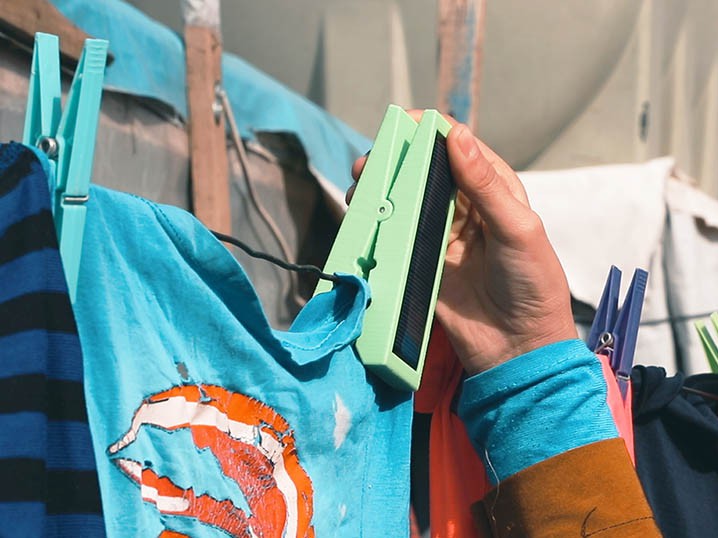



.jpg)
